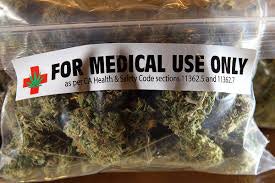
The grants awarded by the Colorado Board of Health will go to studies on whether marijuana helps treat epilepsy, brain tumors, Parkinson’s disease and post-traumatic stress disorder. Some of the studies still need federal approval.
Though the awards are relatively small, researchers say they’re a big step forward. While several other federal studies currently in the works look at marijuana’s health effects, all the Colorado studies are focused on whether marijuana actually helps.
“This is the first time we’ve had government money to look at the efficacy of marijuana, not the harms of marijuana,” said Dr. Suzanne Sisley, a Scottsdale, Ariz., psychiatrist who will help run a study on marijuana for veterans with PTSD. Sisley plans to do her research in private practice after previously working for the University of Arizona.
Federal approval to study marijuana’s medical potential requires permission of the Food and Drug Administration, the Drug Enforcement Administration, and either the National Institutes of Health or the Department of Health and Human Services. And there’s only one legal source of the weed, the Marijuana Research Project at the University of Mississippi.
Twenty-three states and Washington, D.C., allow marijuana use by people with various medical conditions. But under federal law, pot is considered a drug with no medical use and doctors cannot prescribe it.
Dr. Larry Wolk, Colorado’s Chief Medical Officer, says the lack of research on marijuana’s medical value leaves sick people guessing about how pot may help them and what doses to take.




















